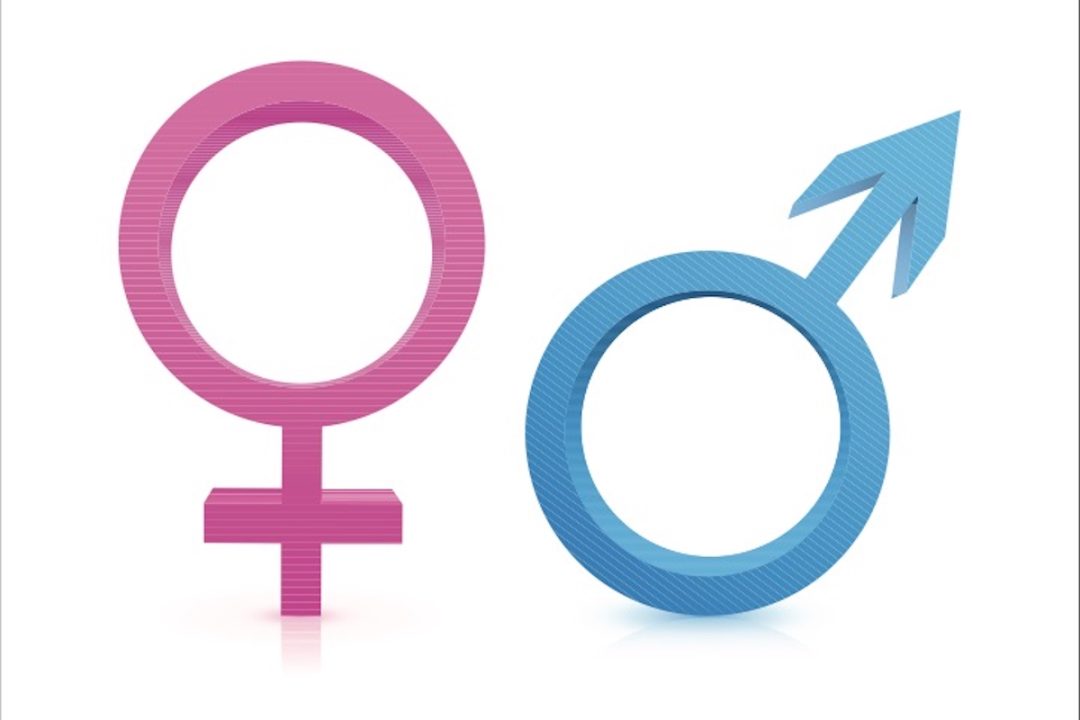
In a decision with wide-ranging implications, the United Kingdom’s Supreme Court ruled unanimously Wednesday that the nation’s laws do not consider transgender women to be actual women.
The court “holds that the terms ‘man,’ ‘woman,’ and ‘sex’ … refer to biological sex,” the justices stated in a press summary of their decision.
Scotch and Quota
The case concerned a 2018 Scottish law that set sex quotas to increase the number of women on public boards. The Scottish government issued statutory guidance saying that transgender women qualified as women for the purposes of that law.
Trina Budge, director of feminist group For Women Scotland (FWS), which took the government to court over the guidance, cogently argued:
Not tying the definition of sex to its ordinary meaning means that public boards could conceivably comprise of 50 percent men and 50 percent men with certificates [trans women], yet still lawfully meet the targets for female representation.
The “certificates” to which Budge referred are officially known as Gender Recognition Certificates (GRCs). Under a 2004 law, transgender people can obtain GRCs to legally change their gender.
A Scottish court rejected the statutory guidance, so the government tried a different approach. It issued new guidance stating that the law’s definition of “woman” was the same as that of the U.K.’s Equality Act of 2010 (EA 2010), which prohibits discrimination on the basis of several “protected characteristics,” including sex. However, it added the extra wrinkle that possession of a GRC saying one is female also qualifies one as a woman.
FWS challenged that guidance, too. After Scottish courts denied their appeal, FWS appealed to the Supreme Court, which accepted, leading to this week’s decision.
The court declared:
The meaning of the terms “sex,” “man” and “woman” in the EA 2010 refer to biological sex, as any other interpretation would render the EA 2010 incoherent and impracticable to operate. Therefore, a person with a GRC in the female gender does not come within the definition of a “woman” under the EA 2010 and the statutory guidance issued by the Scottish Ministers is incorrect. [Citations omitted.]
It explained further:
Interpreting “sex” as certificated sex would cut across the definitions of “man” and “woman” and thus the protected characteristic of sex in an incoherent way.
Parceling Out Privileges
As should be clear from the above, antidiscrimination law is the root of the problem. By granting certain groups of people — in the U.K.’s case, those with “protected characteristics” — privileges not afforded to other groups, the law engenders an antagonistic relationship between the two, leading to their continual jockeying for power.
Indeed, while the court’s decision is welcome, it does not do away with EA 2010. It simply determines who gets which piece of the privilege pie. The court noted that its ruling “does not remove protection from trans people, with or without a GRC.” Those individuals are still free to file complaints alleging discrimination due to either their transgender status or their perceived sex (“a trans woman can claim sex discrimination because she is perceived as a woman”).
Cheers and Jeers
FWS, naturally, celebrated the decision. Co-director Susan Smith said:
Everyone knows what sex is and you can’t change it. It’s common sense, basic common sense, and the fact that we have been down a rabbit hole where people have tried to deny science and to deny reality, and hopefully this will now see us back to reality.
Author J.K. Rowling, who reportedly donated $92,000 to FWS, also rejoiced, posting on X that she was “so proud to know” them.
Trans-rights groups, just as naturally, were unhappy with the court. Scottish Trans issued a statement saying they were “really shocked by” the decision. LGBTQ group Stonewall said the ruling was “incredibly worrying for the trans community.” And trans activist Ella Morgan — who is, of course, male — told CNN, “Today, for the first time, I am scared about walking out my front door.”
Legal Transformation
This may seem like much ado about nothing. So what if Scotland has to restrict the women on public boards to actual women? However, as Al Jazeera reported, “Although the case originally began in Scotland, the court’s interpretation of the law will be effective across the UK, including in England and Wales.”
The U.K. government and the Scottish government have accepted the decision and begun reviewing their policies in light of it.
British Transport Police has already changed its search policy to require suspects to be searched by an officer of the same sex rather than of their “acquired gender,” wrote Al Jazeera.
A Scottish hospital told Al Jazeera it is “carefully consider[ing] the judgment and its implications” for the hospital’s suspension of a nurse who objected to sharing a changing room with a trans woman.
More changes to U.K. laws and regulations are expected. Some are welcome; some, such as the suggestion that antidiscrimination law be amended to treat trans people as members of their claimed gender, are not.
Still, the fact that a court in one of the most trans-friendly countries in the world — at least until recently — ruled that men are men and women are women is worth some measure of applause. Nevertheless, as Substack columnist John Leake observed:
It’s a testament to how badly reasonable grownups have been beaten down by the insanity of the last ten years that we now regard the affirmation of this obvious fact as a cause for celebration.




